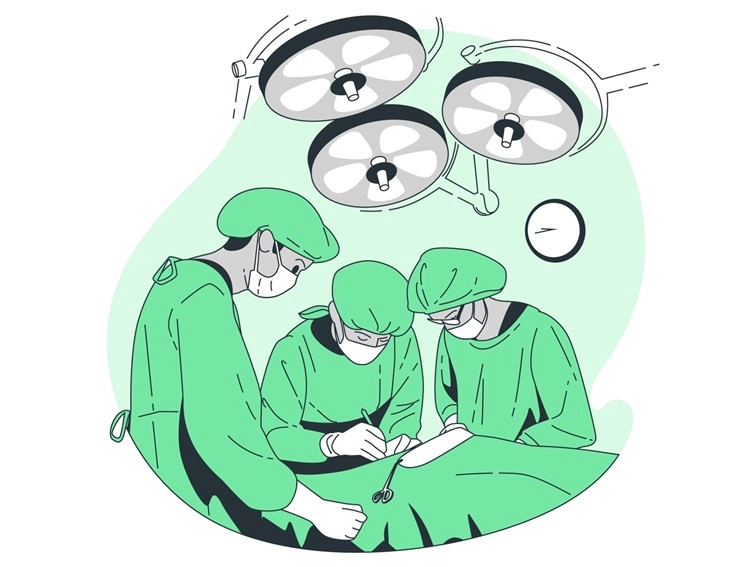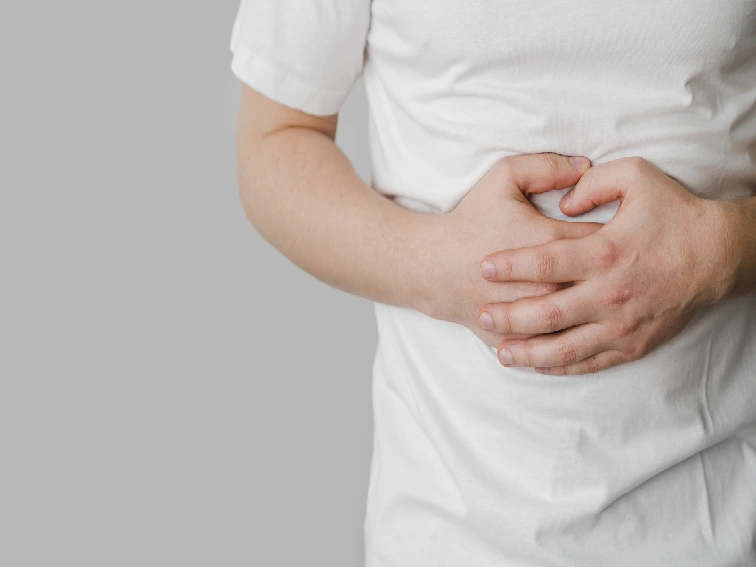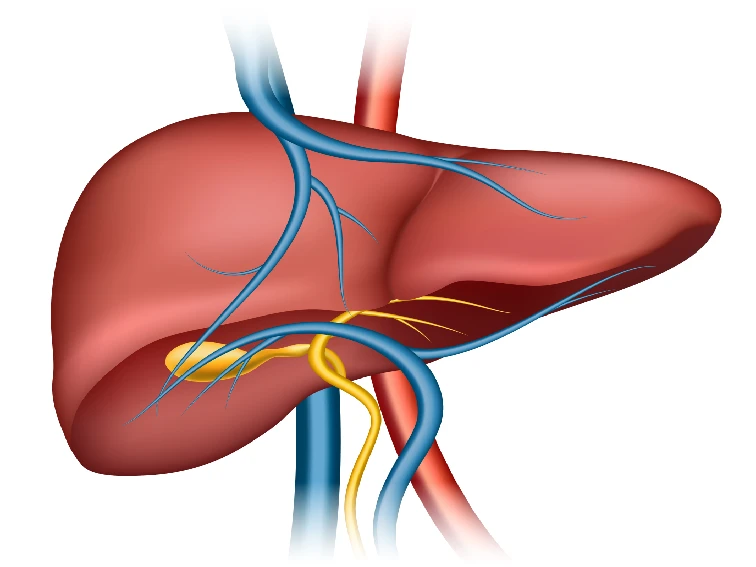Millions of people across the globe suffer from hemorrhoids or piles. One of the major reasons for this condition is constipation. When a person develops constipation, he or she applies excessive pressure and force to the abdominal and rectal tissues and blood vessels during bowel movements. When this happens regularly, then the blood vessels in the anal and rectal regions swell and bunch together – which eventually leads to hemorrhoids or piles.
The uncomfortable and annoying symptoms of piles include bleeding while passing stools, and pain. Piles come out of the anus – which may have to be pushed in or never go in; itching around the anus. Untreated piles can lead to blood loss over a long period and cause anemia ( low hemoglobin) – which in turn can lead to tiredness and heart failure.
Types of Piles
External piles and internal piles
External piles develop on the external part or outer surface of the anus.
Internal piles: pile develops in the inner anal canal or the inner rectal region. Internal piles are inside the anal canal. These are the ones that bleed and come out of the anal canal. Internal piles are the most common cause of symptoms.
Both these types of piles trouble by causing annoying symptoms. Someone suffering from piles may find it difficult to carry out their daily activities owing to the discomfort they experience. Many people resort to home-based remedies and alternative treatments to get relief from the nagging symptoms. Unfortunately, these are the only temporary approaches as they do not cure the condition permanently.
Many people waste their precious time, money, and health desperately wandering everywhere in search of a better option, not realizing the fact that surgery is the best treatment option to cure piles. Over the years surgical approaches have improved incorporating modern technical advancements.
One such robust surgical option is piles laser treatment. Piles laser surgery is setting new benchmarks and it is emerging as the most sought-after treatment for piles.
Piles Laser Treatment in Hyderabad
Expert piles surgeons recommend laser surgery to treat piles when the patient experiences extreme pain and bleeding because this is the best way to treat symptomatic piles.
Piles shrink in size and get thrombosed and fibrosed ( clot and scar) – which eventually stop bleeding.
An experienced surgical gastroenterologist with expertise in laser surgery uses a laser beam to burn and shrink hemorrhoids. When a laser beam falls on swollen tissues, it disrupts blood flow. Laser surgery for piles is a less invasive procedure. the pain and bleeding are quite less. The procedure is a daycare wherein the patient can go home within the same day of surgery. The recovery is short and comfortable.
Advantages of Laser surgery for piles
- Less pain and less bleeding compared with traditional surgery
- Recovery time is comparatively short
- The risk of post-surgical infection is less
- Fewer complications
Laser treatment for piles cost in Hyderabad
Piles laser treatment cost in Hyderabad: The treatment is quite affordable. It depends on the surgical gastroenterologist’s experience and expertise, type of anesthesia, general health of the patient, age, and other health issues. The average laser treatment cost of piles may range anywhere between Rs. 50000 to Rs. 60000 and the maximum can go up to Rs. 75000. Some hospitals offer special packages and offers, so you should talk to your gastro surgeon whether you can avail such offers.
Bottom Line
Piles laser treatment is minimally invasive with minimal blood loss and shorter hospital stay; the recovery is faster than any other surgical procedure. To know more about laser treatment, meet Dr. Datta Ram U.





